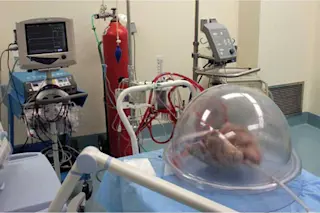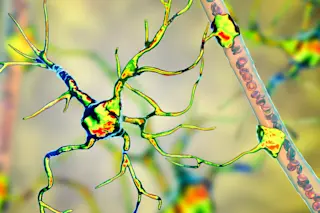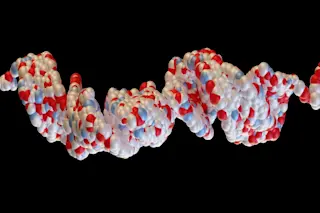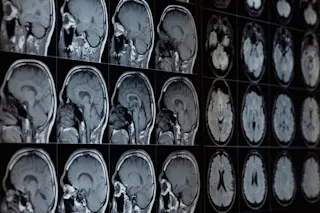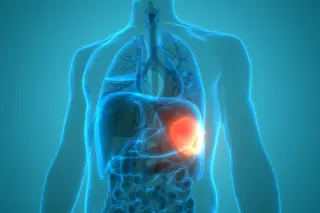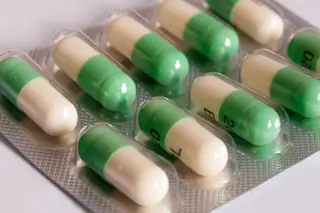Emphysema and cystic fibrosis patients who need new lungs are faced with a life-threatening problem: more than 80 percent of donated lungs can’t be used—they’re inflamed and barely functional [Scientific American].
Transplanted lungs also fail at a much higher rate than other transplanted organs, as they're more likely to be rejected by the recipient's body. But a new procedure that makes use of gene therapy may soon double or triple the supply of undamaged donated lungs, and may also improve their function once transplanted. In both pre- and post-transplant lungs, the problem is
inflammation caused by insufficient amounts of an immune molecule called IL-10. Donated lungs are immediately chilled on ice, which destroys any IL-10 that may remain in the lungs, allowing substantial damage to occur before the organ can be implanted. And a lack of the molecule after transplantation increases the likelihood that inflammation will damage the organ and ...


